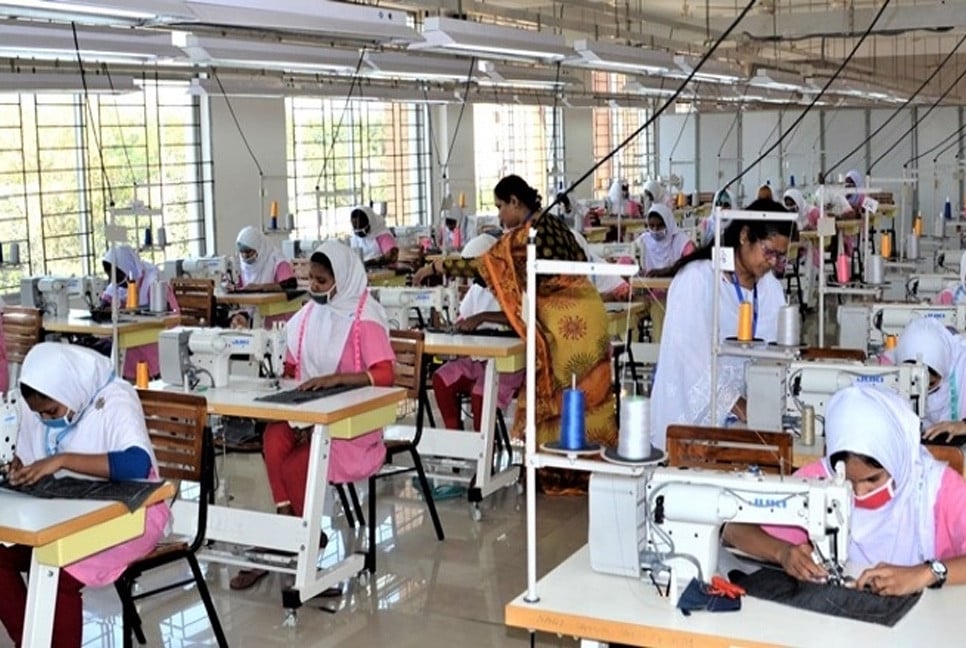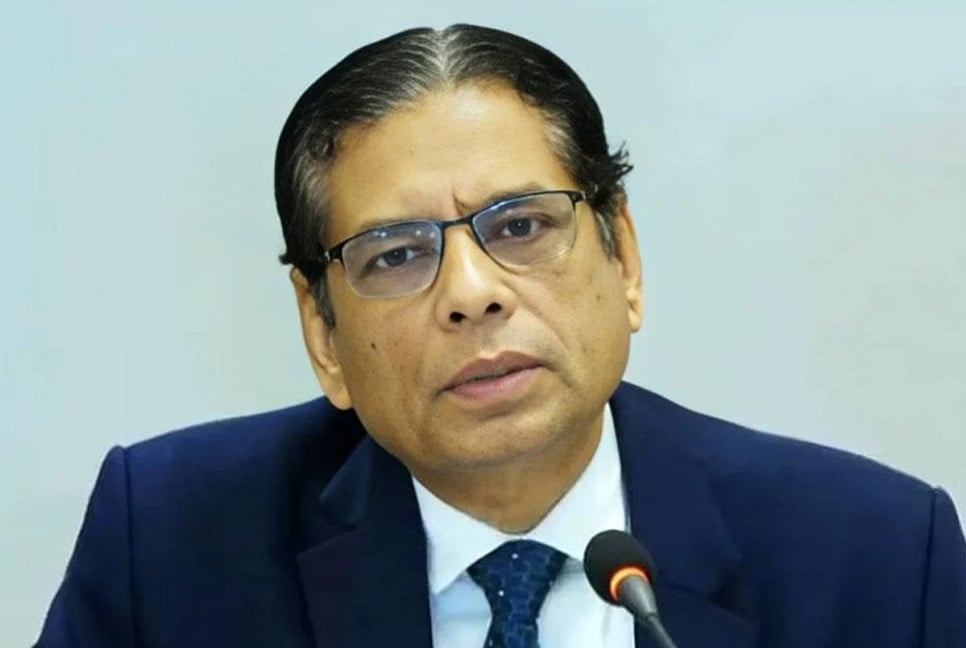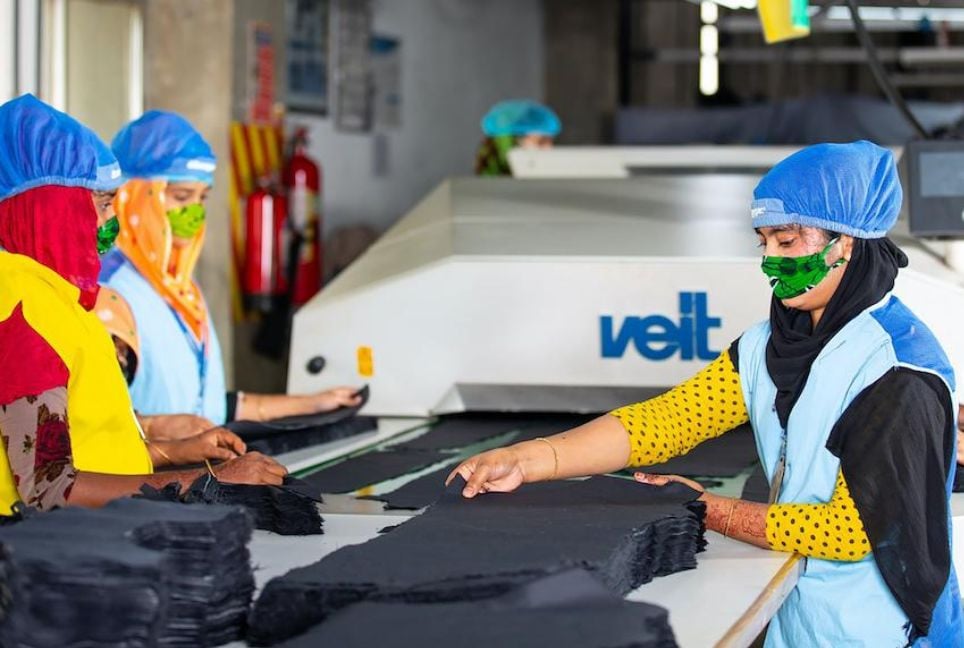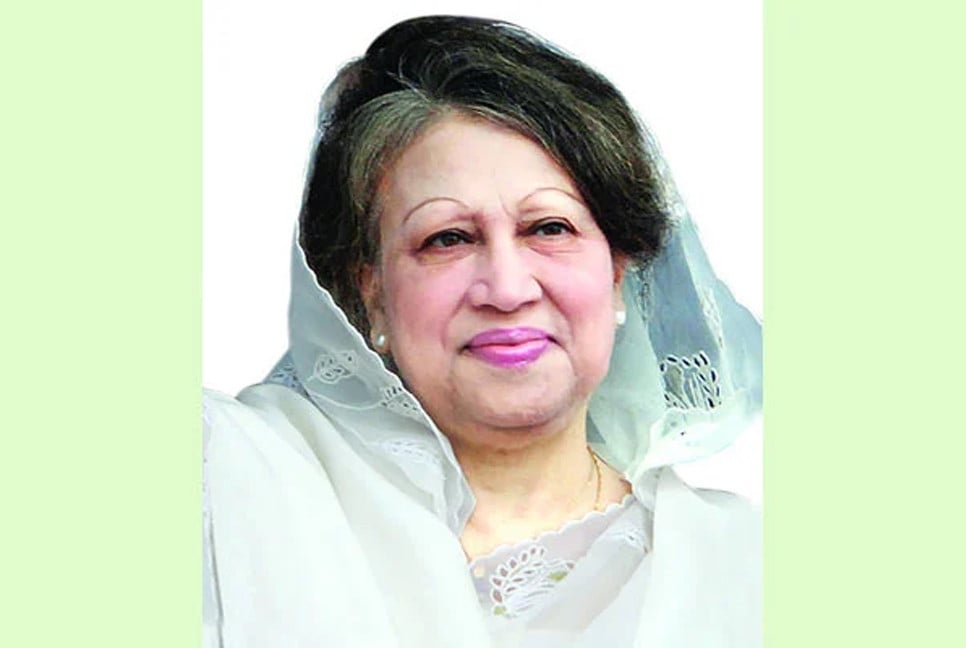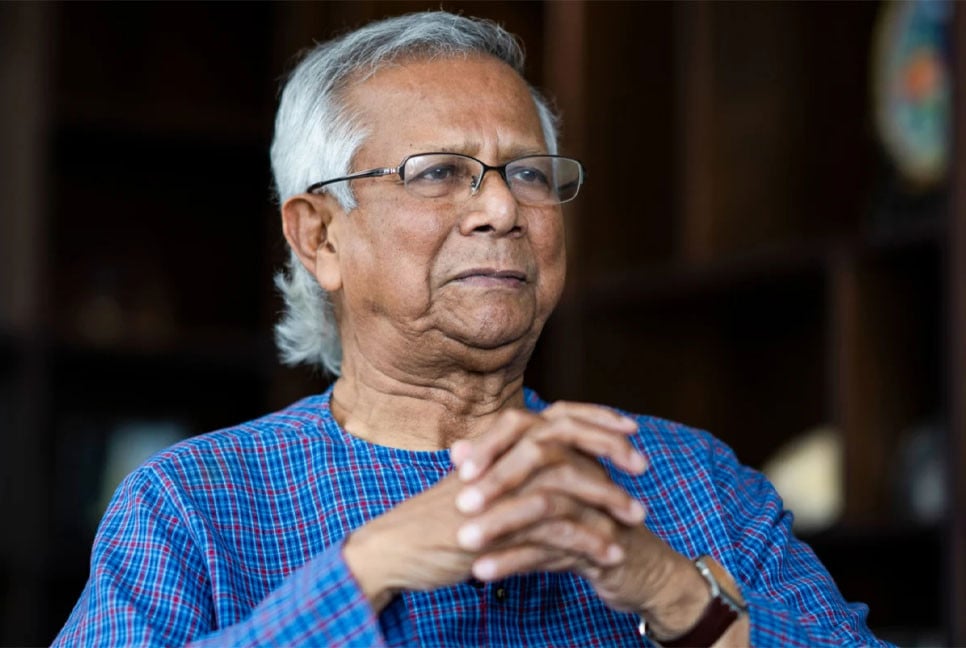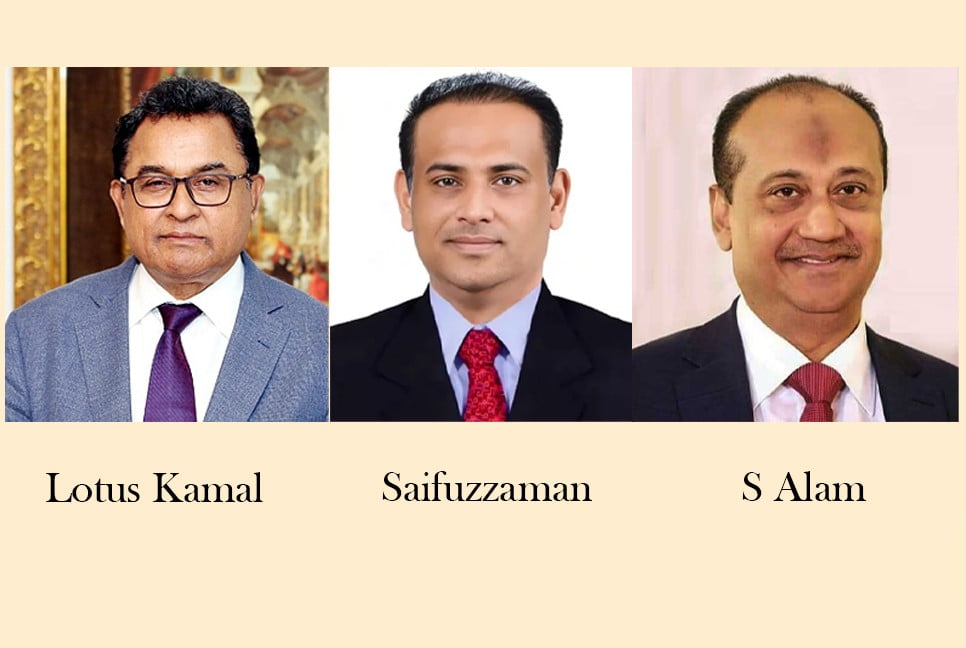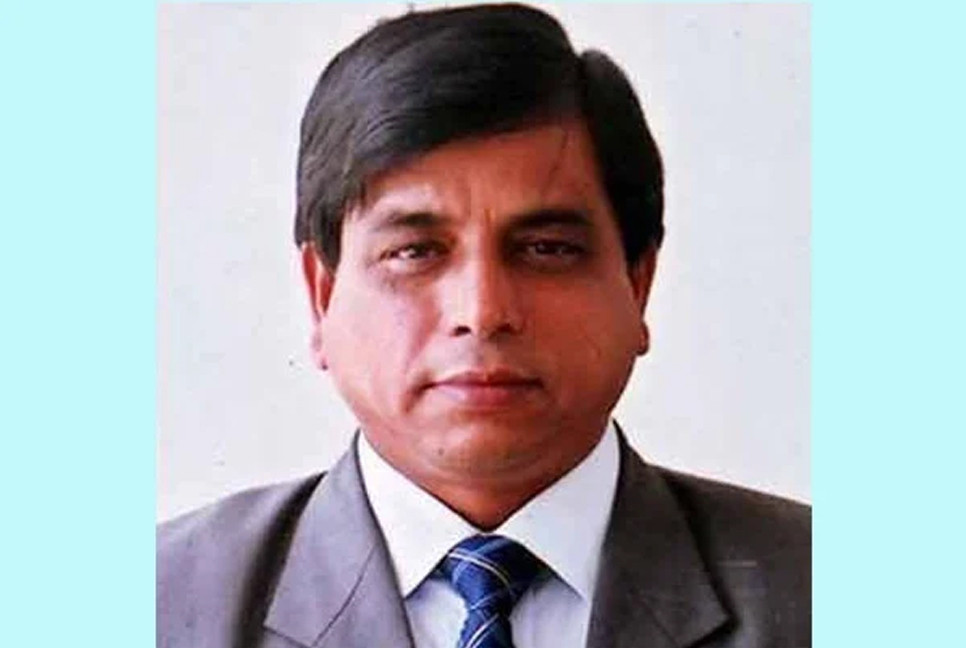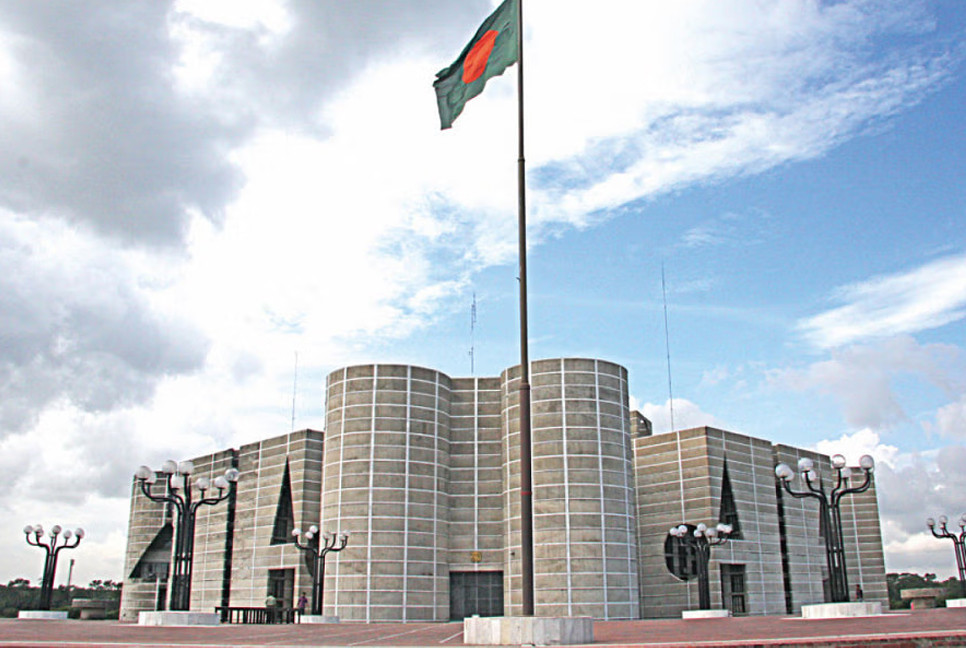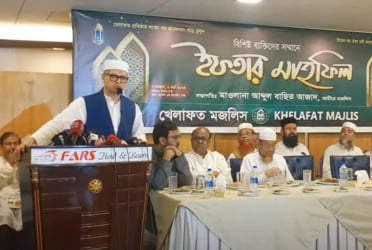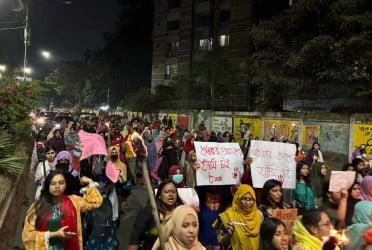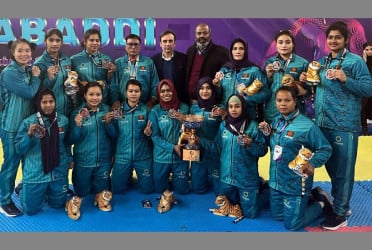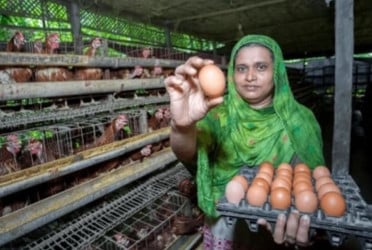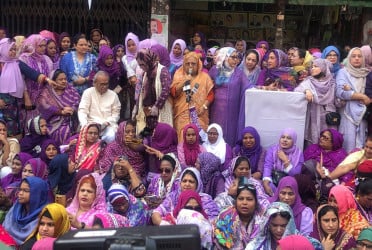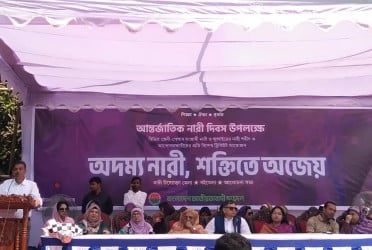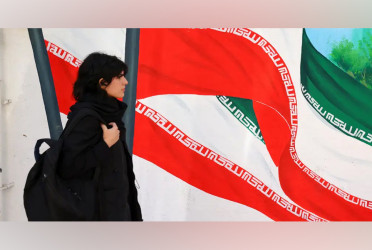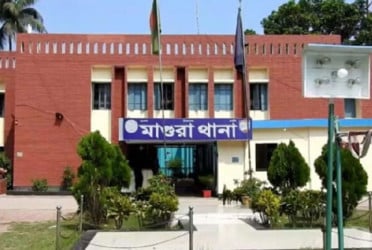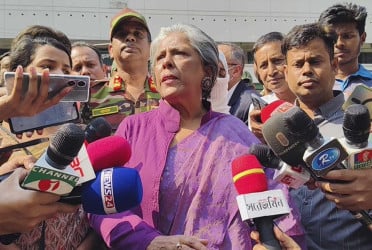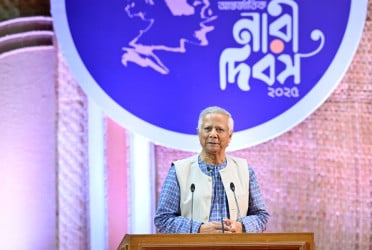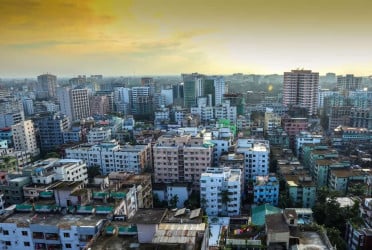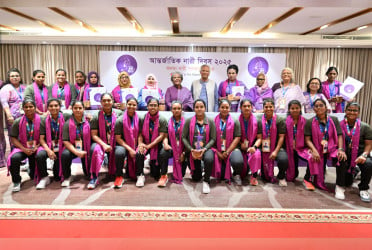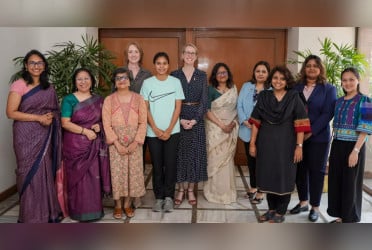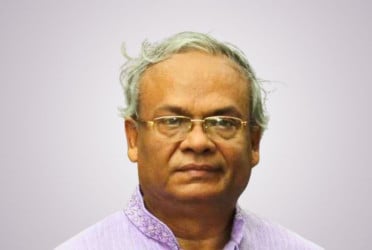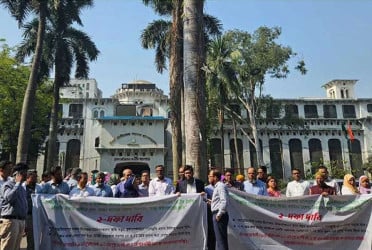Labour unions of the country’s garment factories have submitted a set of recommendations and proposals on labour sector reforms to Labour Reform Commission.
They placed their proposal demanding a national wage structure for workers across sectors, and yearly increments in line with price hike.
Besides, the unions recommended enforcing provident funds and pensions for workers and reform the law to ensure worker’s share in company’s profit.
The Labour Reform Commission has confirmed the meeting with labour unions of those garments that are enlisted in “Industry All Bangladesh Council” on December 23.
However, the unions highlighted on protection and welfare of garments workers.
Besides, various issues including annual increment, amendment of labor laws and regulations, job security, freedom of organization and the right to bargaining, occupational safety, health welfare and social security, gender issues, violence and harassment, institutions and justice, declaration of human rights, and climate change are included in their recommendations.
Bangladesh Garment and Industrial Workers Federation president Kalpona Akter said: “We demanded for national wage structure for all types of workers; but this might vary from sector to sector. The term of the wage structure will not exceed more than two years and there will be increments in line with price hike.”
Mentioning the existing 5pc yearly increment policy, she said that it is not enough for workers to live; they want a wage that is enough to live on.
In workers’ recommendation they asked for strengthening trade unions and removal of all obstacles to trade unions and punitive actions against ‘pocket unions’ or ‘yellow unions’ by the owners.
Worker unions recommended an increase in maternal leave for garments workers by two months, making it six months like government workers.
Besides, they proposed to ratify ILO conventions’ 190 [gander-based violence] and 121 [compensation to workers in case of accidents].
Labour Reform Commission chief Syed Sultan Uddin Ahmed told Bangladesh Pratidin: “Discrimination is the biggest weakness in labour’s wage and we are talking about it.”
“We have to create discrimination-free environment for worker and for that we need to improve worker-employer relations,” he continued, saying: “This is not just a paper relationship, but the status of this relationship will be determined through a legal framework.”
Translated by Afsar Munna

